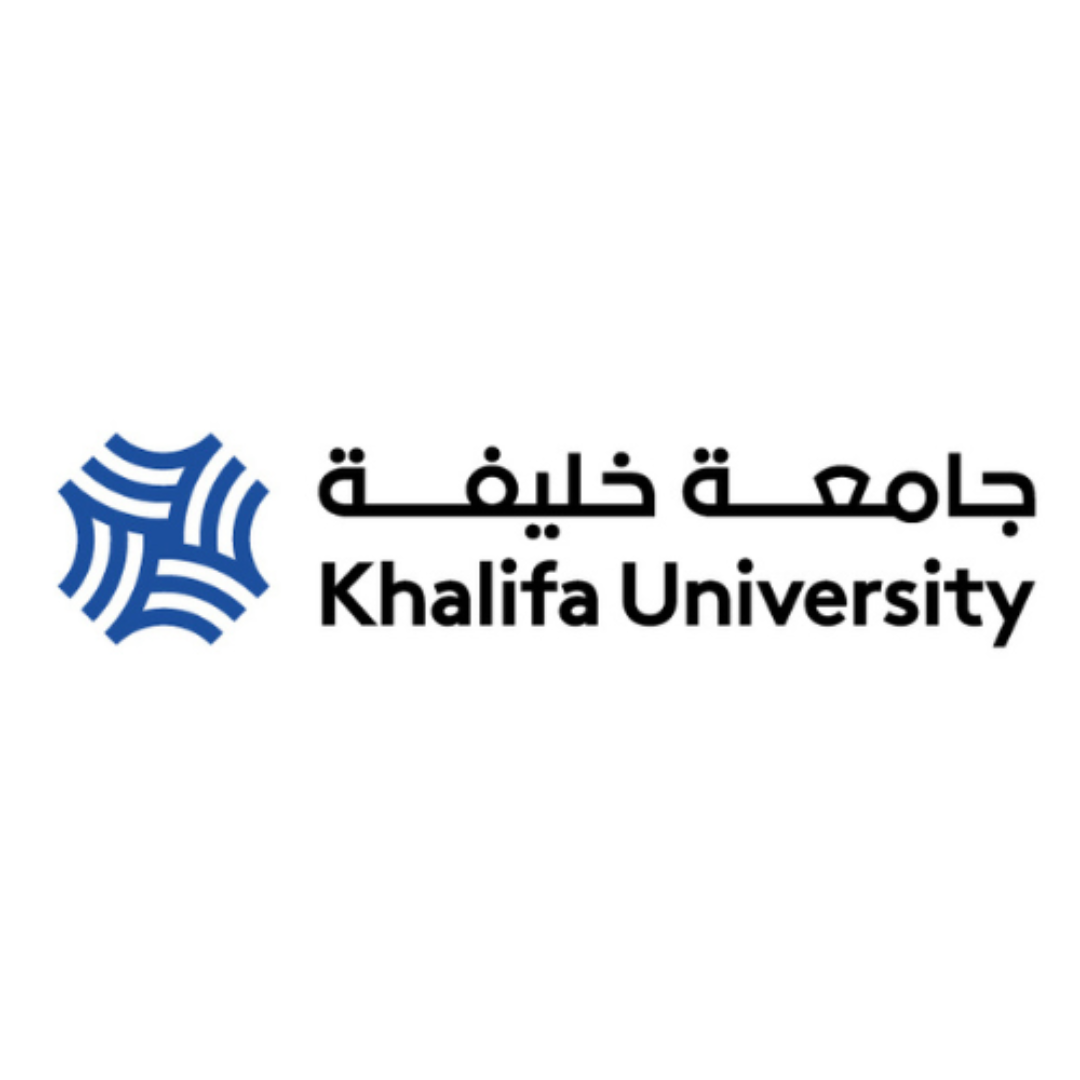Human Anatomy
15 Units
The course consists of classrooms discussion with the aid of projection slides transparencies and actual demonstration and laboratory work consisting of cadaver dissection brain dissection and microscopy sessions The traditional subdivisions of Anatomy namely: Gross Anatomy Neuro-anatomy Histology and Embryology are integrated into one course At appropriate points during the course the students are introduced to the basic principles and application of radiographic anatomy as well as clinical anatomy Sessions are held to include projection of normal radiographs of various anatomical structures
There is emphasis on cross-sectional anatomy of various body parts and examples of CT-scans are shown to the students Embryologic considerations are geared towards the understanding of common congenital anomalies
Physiology
12 Units
The course involves the study of the functions and the interrelationships that exist among cells tissues organs and systems and ultimately to the level of the human body as a whole Autoregulatory and control mechanisms are emphasized to give students an in depth understanding of the important homeostatic mechanisms responsible for maintaining normal function In the second semester special topics are taken up Such topics include higher functions of the central nervous system like learning and memory sleep consciousness space physiology physiology of exercise and regulation of body temperature
Functions are correlated with Human Anatomy and Biochemistry at all levels and integrated with clinical applications and demonstrations in the later part of the course
Laboratory sessions consist of experiments done on human subjects whenever possible The experiments are designed to develop in the students the proper skills and attitudes in analyzing problems based on the experimental data obtained
Clinical Biochemistry
95 units
The course constists of lectures discussions problem sets and slide presentations that start with the biochemistry of proteins nucleic acids carbohydrates and lipids enzyme chemistry and regulation of enzyme activity to provide an indepth understanding of the metabolic interrelationships and control at the cellular and tissue levels The biochemistry of membrane structure and transport immunoglobulins blood coagulation muscle contraction and hemoglobin metabolism are discussed Molecular gentics control of gene expression developments in recombinant DNA Technology and gentic engineering xenobiotics oncogenes and cancer are also dicussed Attention is called to biochemical derangements in commonly occuring clinical state or genetic abnormalities to provide clinical relevance In the latter part of the course the biochemistry and functions of essential elements are discussed Nutritional concepts and biochemical basis of nutrition is emphasized Finally the h omeostatic role of hormones and the control of body fluid neutrality are discussed from the biochemical point of view
Perspectives in Medicine
10 unit
The course is designed to introduce the students to the various aspects of Medicine such as basics in the teaching and learning process and the use of instructional objectives
Guest speakers are invited to share their experiences in their different fields of expertise like research teaching community service and subspecialization in private practice Special Training Programs in Basic Cardio-pulmonary Resuscitation (CPR) is conducted by experts to show how medical personnel should behave in an emergency situation Students are required to demonstrate CPR and practice among themselves or with mannequins
The students also learn important events and personalities that contributed to the evolution of the modern day practice of medicine through group reports dramatization handouts and formal lectures
Psychiatry 1
15 units
The course presents the history and development of Psychiatry; the overview of the major concepts of personality development; and the different schools of thoughts of Psychiatry It concentrates on the biologic cognitive psychosocial pyschosexual and moral aspects of personality development from birth to late adulthood; and the implications of developmental arrest and psychopathology It includes the structural components of the psychic apparatus and the different coping mechanisms as a means of handling frustrations and crises
Biorganic Chemistry 1
3 units
A course dealing with the introduction to organic moleculesconcepts of hybridization nomenclature and functional group classes and stereochemistry
Pre-requisite: General Chemistry 2
Biorganic Chemistry 2
3 units
This course deals with the applications of concepts from Biorganic Chemistry 1 to biomolecules Reactivity structure and functions of biomolecules such as amino acids and proteins carbohydrates lipids DNA and RNA will be discussed The course has a laboratory component consisting of three hours per week
Pre-requisite: Biorganic Chemistry 1
Show less













